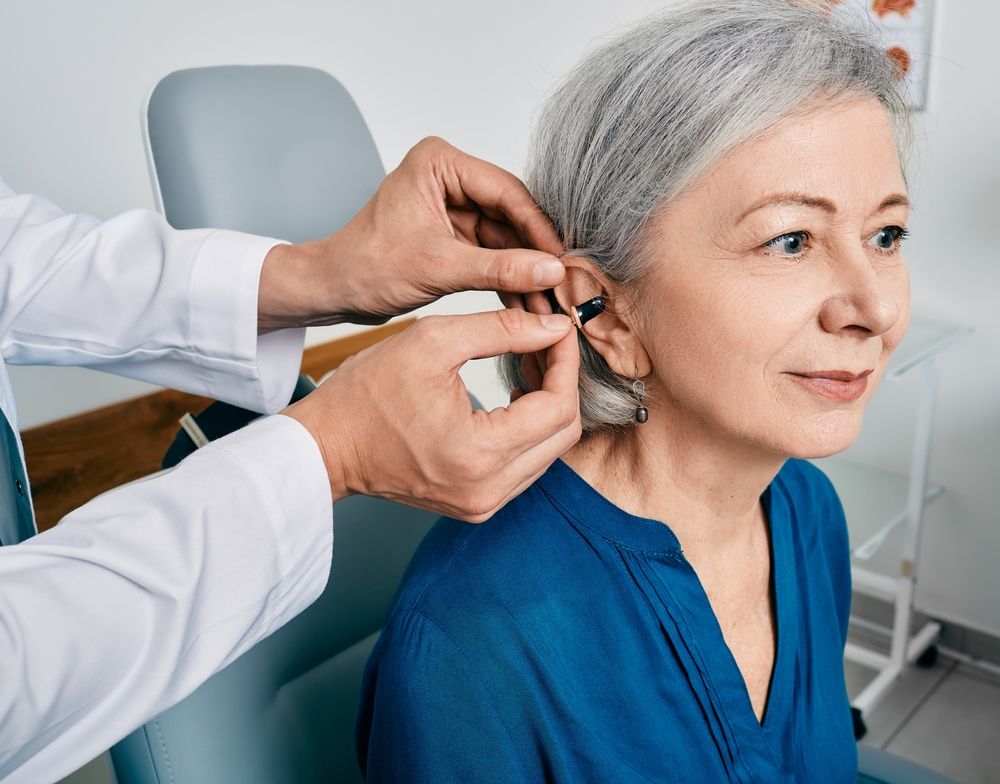
Getting fitted with hearing aids for the first time can be both exciting and a little overwhelming. Taking the initiative to enhance your hearing can have a powerful effect, enabling you to participate more fully in conversations, strengthen connections with family and friends, and restore a deeper connection to the sounds that enrich your daily life. With any unfamiliar circumstance, it’s normal to have concerns, especially concerning the comfort of wearing hearing aids and the time required to become accustomed to them.
New users frequently have concerns about the experience. Will the hearing aid be cumbersome or unpleasant to use? Will common noises be overwhelming at first? How long will it take to adapt to ordinary sounds? Most people share these concerns, yet with effective support and some tolerance, many find that using hearing aids becomes a familiar and convenient facet of their everyday activities.
Let’s explore what to anticipate during the adaptation period and how you can make the transition as hassle-free as possible.
What to expect during the preliminary adjustment period
Do hearing aids produce discomfort? Initially, they can feel a little unusual, particularly if you’ve never worn anything in your ears on a regular basis. Similar to adjusting to a new set of glasses or acclimating to a wristwatch , it will take time for your mind and physique to become accustomed.
You will notice the most substantial changes in two primary areas in the initial weeks of using hearing aids.
Physical sensation
You may initially feel some pressure or unfamiliarity in your ear canal. It is typical and common for many experts in hearing health to suggest a gradual approach to using the device, beginning with a few hours daily and gradually extending the time.
Some slight inconvenience is tolerable, but pain is not okay. If you experience soreness or pain from your devices, reach out to your hearing care specialist without delay. They have the ability to tweak the fit or experiment with a different style that would be more suitable for the shape of your ear.
Sound perception
One of the most unexpected parts of the adjustment process is hearing everyday sounds that you may not have noticed before.
The hum of the refrigerator, birds singing outside your window, or your own footsteps may seem amplified at first. Accordingly, your brain is reacquainting itself with a wider spectrum of auditory signals.
It might feel overwhelming, but your brain will gradually learn to filter out trivial background sound and focus on what really matters, like voices and music. This is just your auditory system “retraining” itself.
Tips to improve hearing aid comfort and efficiency
The good news is that there are numerous strategies to help you feel more comfortable and self-assured while adapting to your new hearing aids:
1. Start slowly
Don’t feel pressured to use your hearing aids all day immediately. Begin with one to four hours a day, especially in quieter environments like your home.
Gradually build up as you become more comfortable with the feel and sound of the devices.
2. Practice makes perfect
Try using your hearing aids while engaging in activities that help your brain adapt. Participating in activities like following along with audiobooks as you read or watching movies with subtitles can enhance your ability to distinguish speech and enhance your listening skills in an enjoyable way.
3. Keep to communicate with your audiologist.
Fit and performance go hand-in-hand. If you notice any discomfort or notice that something is not right, including the fit of the device or the audio quality, act right away. Your audiologist can calibrate your hearing aids and provide recommendations for enhanced benefits. In some cases, a custom-fit hearing aid might be the best solution for your distinct ear shape and needs.
Exploring a new world of sound
It’s entirely normal to experience a brief adjustment period with your hearing aids. With consistent use, correct care, and support from your hearing specialist, your hearing aids will soon feel like second nature.
Rather than concentrating on the device itself, your attention will change to the joys of clearer conversations, natural sounds, music, and day-to-day interactions.
The key is patience, practice, and remaining proactive about your comfort. Before long, your hearing aids will not only improve how you hear, but also how you live.